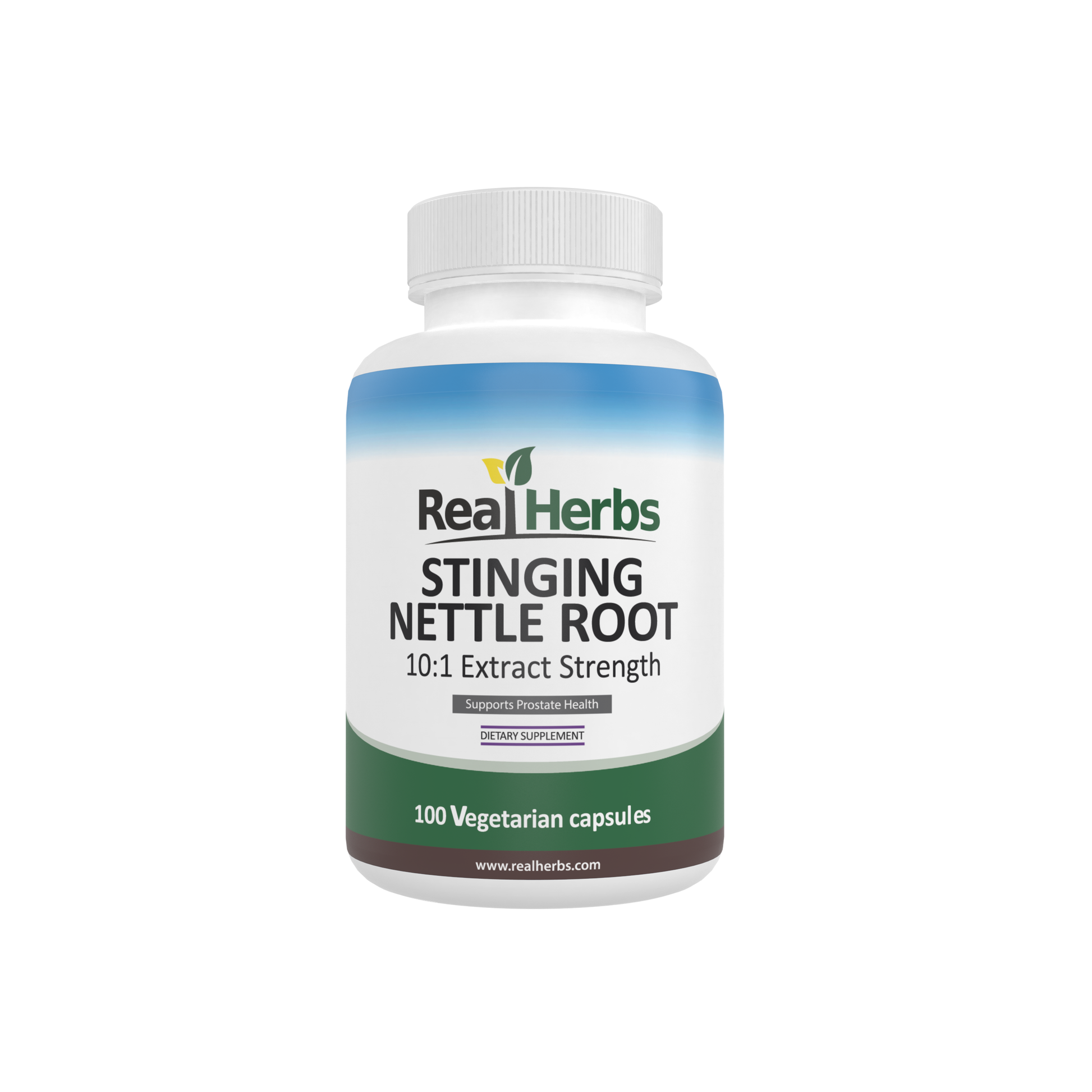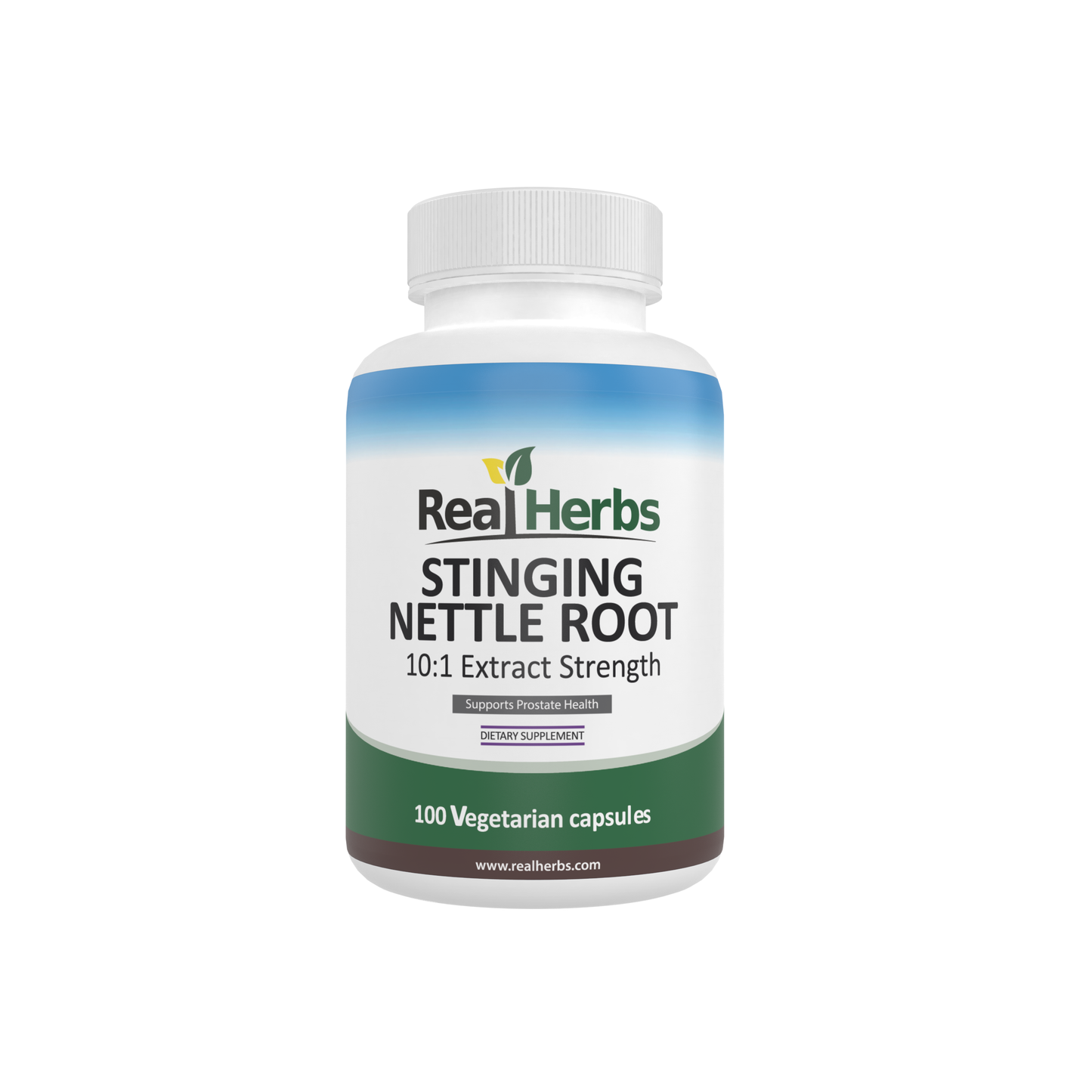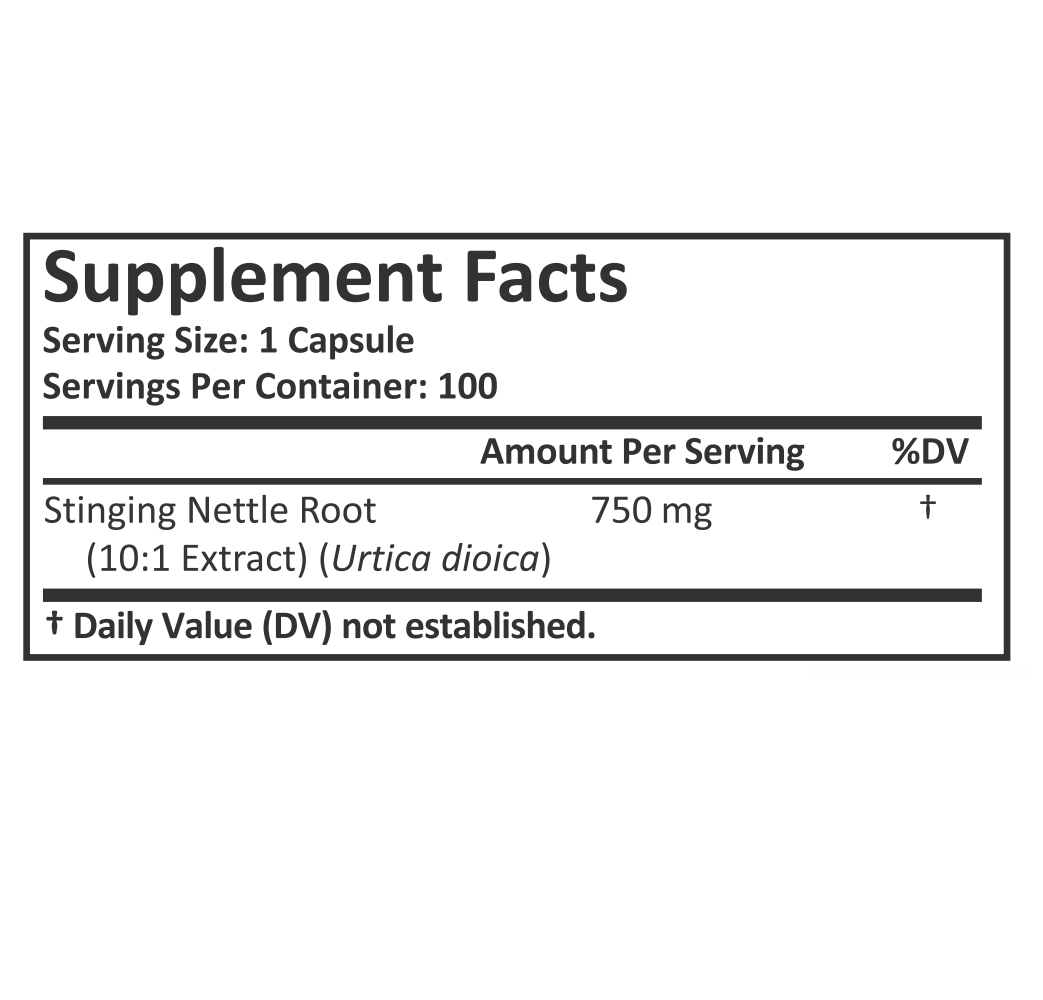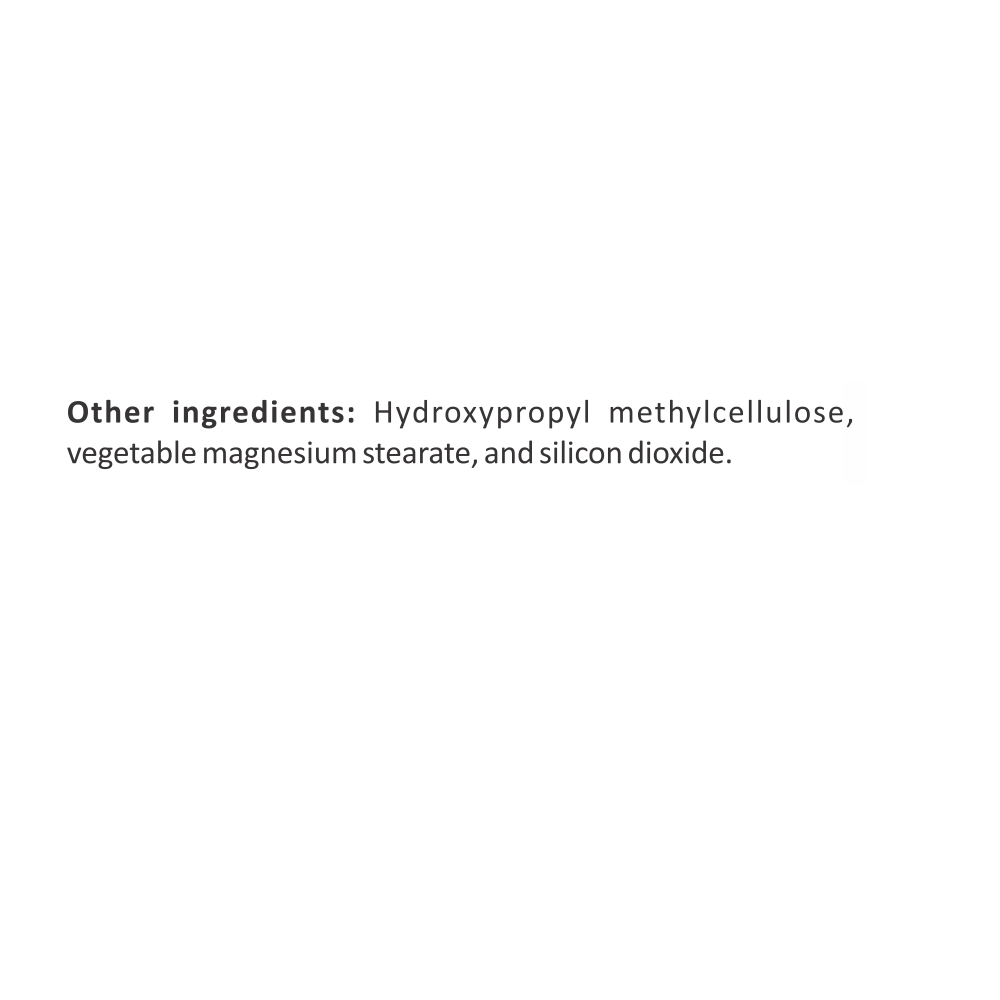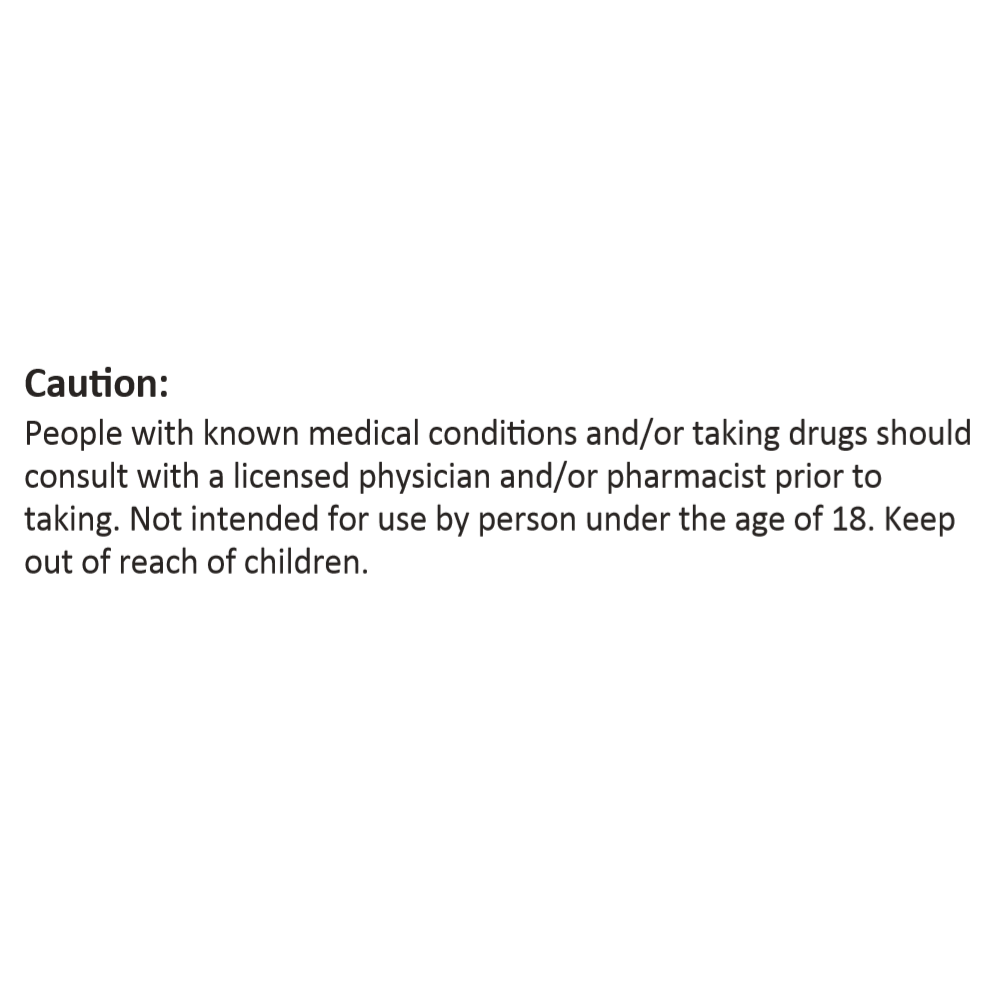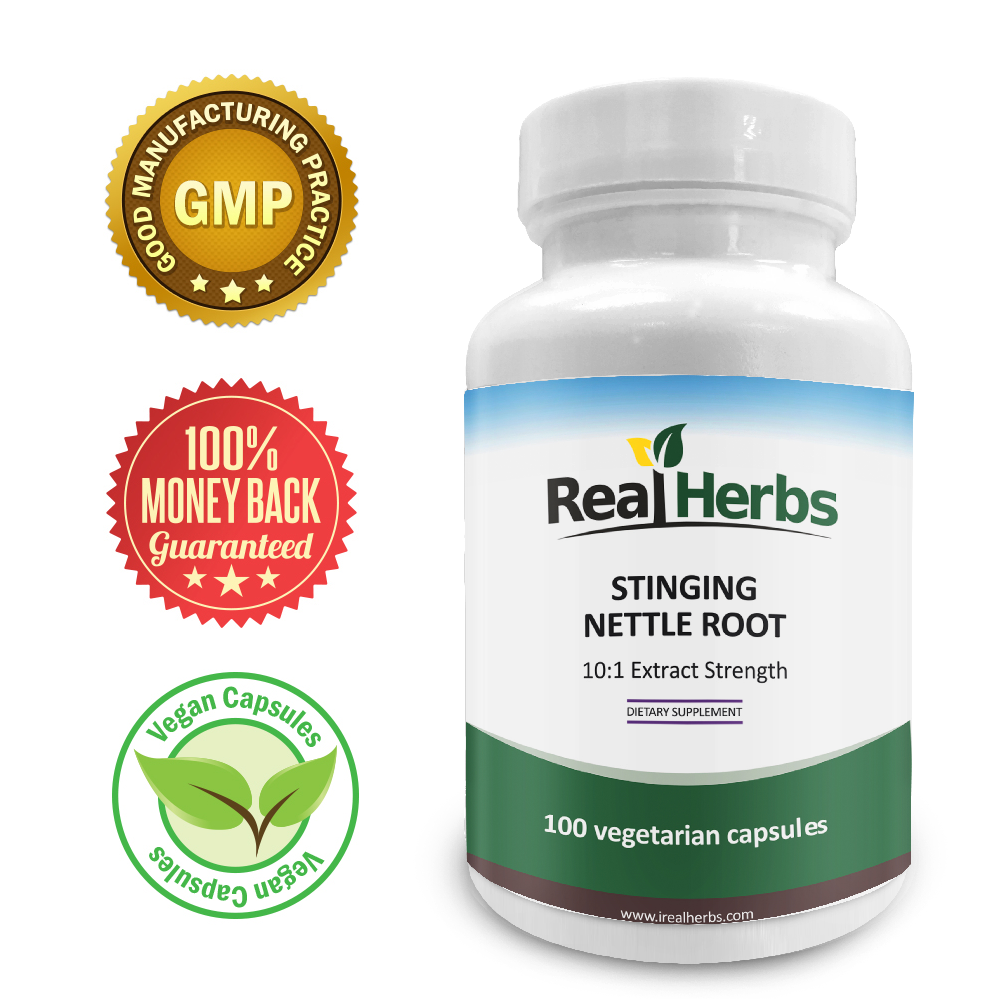The journey to maintaining good health often leads us to explore various natural remedies and supplements that have been used for centuries in traditional medicine. One such remedy that has recently gained attention for its potential benefits is stinging nettle root. In this article, we will delve into the world of stinging nettle root and its relevance to prostate problems.
Introduction to Prostate Problems
Before we embark on our exploration of stinging nettle root, it's crucial to understand what prostate problems entail. Prostate problems are a common concern for men, particularly as they age. The two most prevalent issues associated with the prostate are Benign Prostatic Hyperplasia (BPH) and prostate cancer.
Benign Prostatic Hyperplasia (BPH), often simply referred to as an enlarged prostate, is a non-cancerous condition that affects many men as they get older. It can cause a variety of urinary symptoms, including increased frequency of urination, difficulty starting and stopping urination, and a weak urine stream.
Prostate cancer, on the other hand, is a malignant growth of cells in the prostate gland. It is one of the most common cancers in men and can have serious health implications if not detected and treated early.
Given the prevalence and potential seriousness of these prostate problems, finding effective ways to manage or prevent them is of paramount importance. This is where stinging nettle root comes into play.
Introduction to Stinging Nettle Root
Stinging nettle root, derived from the stinging nettle plant (Urtica dioica), is not a newcomer to the world of herbal remedies. It has a rich history of use in traditional medicine for various purposes, including treating joint pain, allergies, and urinary issues. However, in recent years, stinging nettle root has gained attention for its potential benefits in supporting prostate health.
Before we explore its potential benefits, it's important to understand the science behind stinging nettle root and how it may positively influence prostate problems.
Scientific Evidence
Numerous studies have delved into the potential therapeutic properties of stinging nettle root. Researchers have identified active compounds within the plant that may contribute to its effectiveness in promoting prostate health. These compounds include beta-sitosterol, quercetin, and lignans.
Beta-sitosterol, in particular, has been linked to the reduction of symptoms associated with an enlarged prostate. This plant sterol is known to inhibit the enzyme responsible for converting testosterone to dihydrotestosterone (DHT), a hormone associated with prostate enlargement. By blocking this conversion, beta-sitosterol may help alleviate some of the urinary symptoms that come with BPH.
Quercetin, a flavonoid found in stinging nettle root, is known for its anti-inflammatory properties. This is significant because inflammation is believed to play a role in the development and progression of prostate problems, including prostate cancer.
Lignans found in stinging nettle root have also shown potential in affecting hormone levels and reducing inflammation, making them a valuable component in the context of prostate health.
In conclusion, stinging nettle root is a natural remedy that holds potential benefits for prostate problems, but it should not replace conventional medical treatments. It's a piece of the puzzle in your journey toward better prostate health. By taking an informed and holistic approach, consulting with a healthcare professional, and making well-informed choices, you can empower yourself to proactively manage your prostate health.

